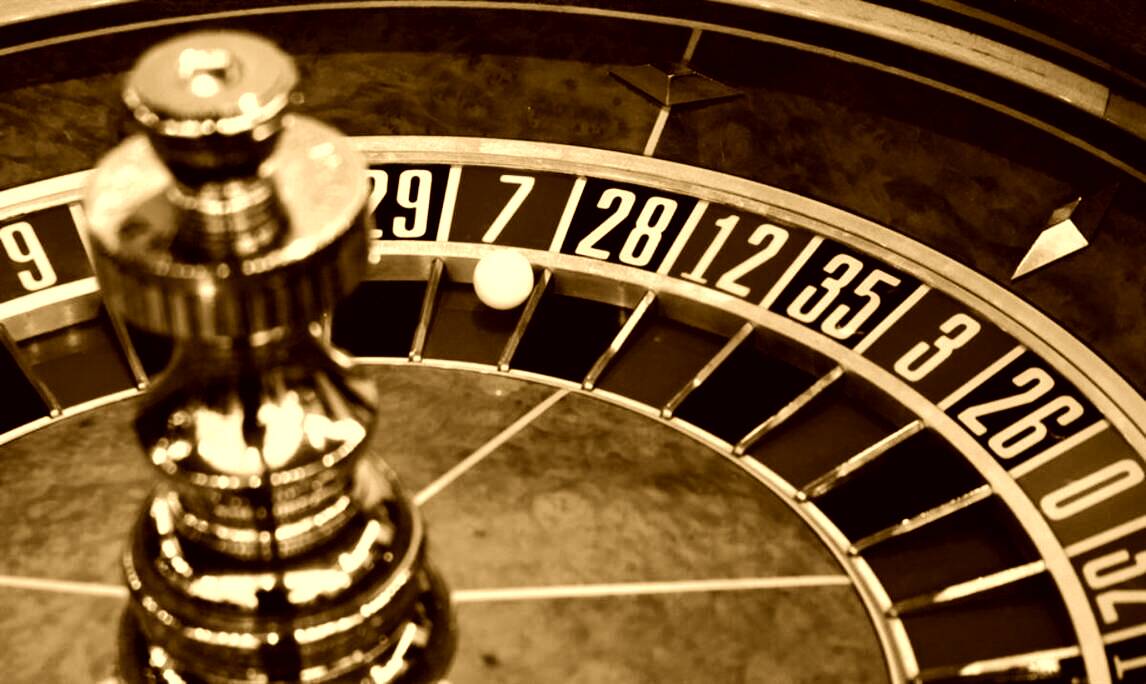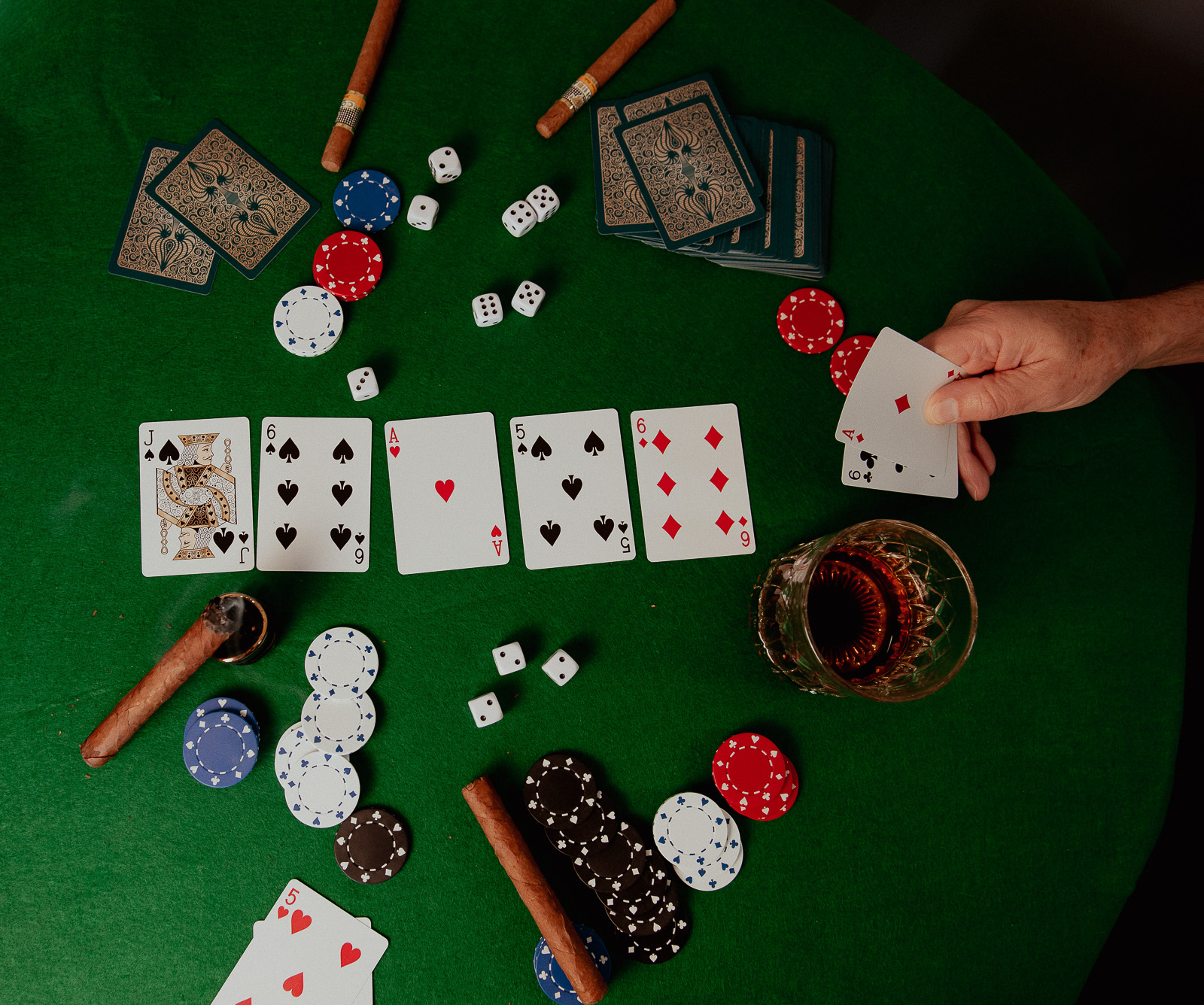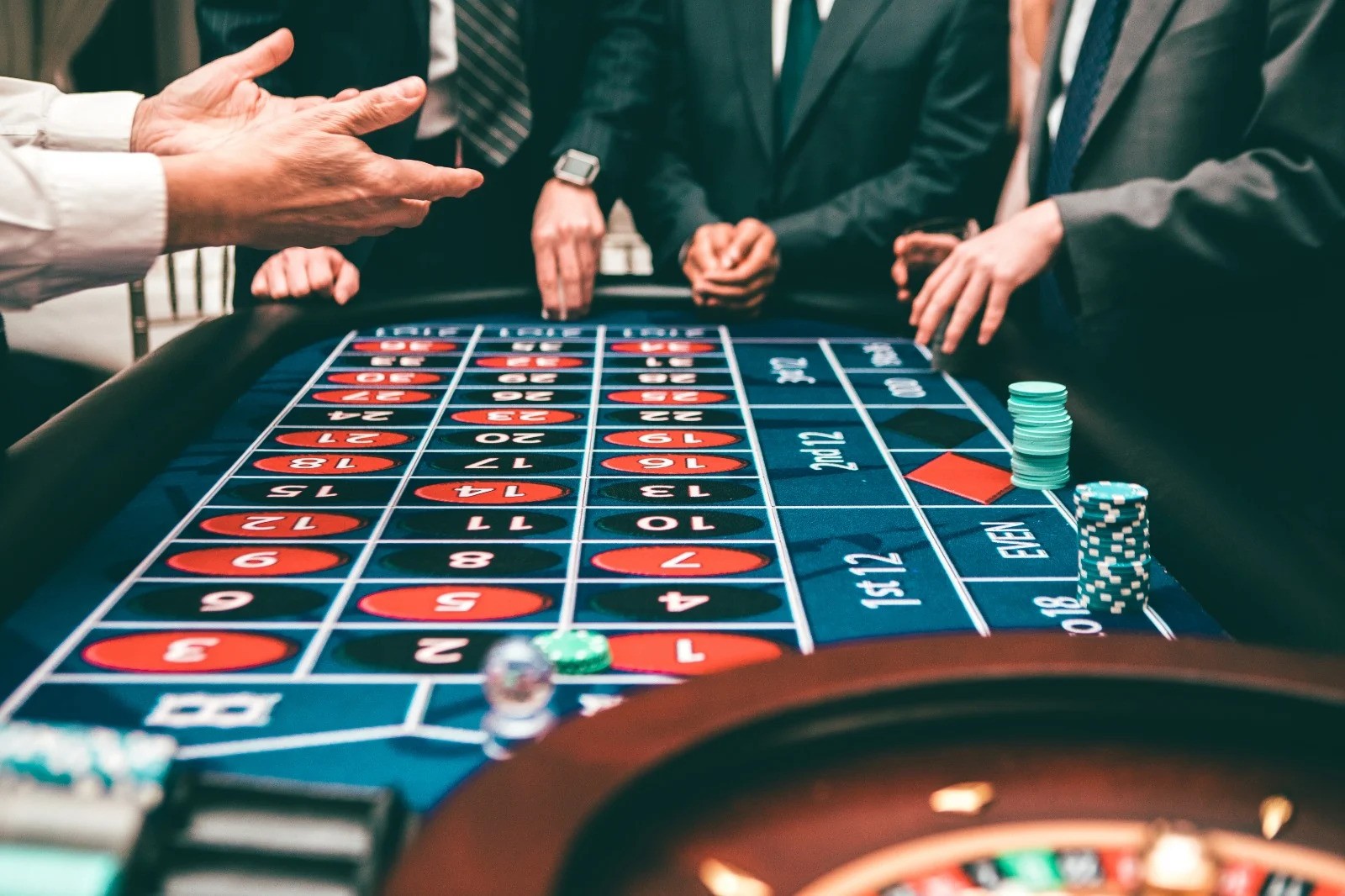The History Of Gambling - Tracing Ancient Origins And Practices
The history of gambling is a fascinating journey that spans across ancient civilizations, tracing the origins and practices of one of humanity's oldest pastimes. From the rolling of dice in Ancient Mesopotamia to the modern-day allure of online casinos, the evolution of gambling reflects the cultural, social, and economic dynamics of societies throughout history.
Author:Frazer PughReviewer:Dexter CookeFeb 14, 202410.5K Shares206.3K Views

The history of gamblingis a fascinating journey that spans across ancient civilizations, tracing the origins and practices of one of humanity's oldest pastimes. From the rolling of dice in Ancient Mesopotamia to the modern-day allure of online casinos, the evolution of gambling reflects the cultural, social, and economic dynamics of societies throughout history. We delve into the rich tapestry of gambling traditions, uncovering the rituals, games, and beliefs that have shaped human interactions with chance and fortune.
Types Of Gambling
Across cultures and throughout history, various forms of gambling have existed. Two primary types include social gambling, which involves playing against others for fun, and real money betting, where actual money is wagered.
For those interested in playing real money casino games, accessing a reputable gambling site like 10cric is essential to safeguard personal information and ensure security. These platforms offer a range of high-quality games and bonuses for players to enjoy.
Ancient Gambling
The origins of gambling stretch back beyond recorded history, making it challenging to pinpoint its exact beginnings. Evidence of gambling activities has been unearthed across various ancient civilizations, including Egypt, Greece, China, and Japan, with some traces dating as far back as 2000 BC.
Among the earliest gambling tools are dice, believed to have originated in Ancient Mesopotamia around 3000 BC. These dice were crafted from materials like sheep bones, particularly the knucklebones, and have been referenced in historical texts from diverse cultures, including the Indian Vedas and the Bible.
In China, archaeological findings suggest the use of tiles for a lottery-like game. Additionally, commoners were known to bet on animal fights, and even rulers of China were recorded squandering state funds on gambling ventures. As early as 200 BC, the government used Keno slips as a means of raising funds.
The Ancient Greeks also had a strong affinity for gambling, evident in various Homeric epics that mention gambling activities. Greek soldiers frequently engaged in gambling games for entertainment, much to the displeasure of rulers who eventually outlawed the practice. The oldest known dice were unearthed in Thebes, Egypt.
Middle Ages
Throughout the Middle Ages, the perception of gambling underwent several shifts. While countries like Italy and Germany embraced legalization, others such as France and England adopted stricter stances. Rulers like King Louis IX went as far as prohibiting the practice entirely.
Historians concur that the earliest playing cards originated in 9th-century China, though the specific games played remain unknown as they differ from modern card games. Initially adorned with human figures, the introduction of Kings and Queens accompanied their spread across Europe.
During the Crusades in the East, Christian authorities restricted gambling to noble and high-ranking individuals like knights, considering it a privilege of the aristocracy and a dangerous vice for commoners.
To regulate gambling, laws were enacted to cap potential losses, with severe penalties for commoners caught gambling. The breeding of horses by returning knights further fueled the popularity of betting on horse races.
Colonial Era
Before the arrival of European colonists in the Americas, Native American communities engaged in gambling games, viewing them as integral to their cultural practices and often incorporating them into tribal ceremonies and festivals. These games were believed to have been bestowed by the gods and were sometimes used for divination purposes.
The establishment of the first gambling house in Italy in the 17th century marked the beginning of a trend, with numerous private gambling establishments emerging later. These venues provided structured and regulated environments for gamblers. European settlers in the Americas introduced various game variations and gambling traditions to the New World.
During the 18th and 19th centuries, lotteries gained popularity as a means of fundraising, including funding the Continental Army during the Revolutionary War. Lottery proceeds played a crucial role in financing various civic projects, including the founding of institutions like Yale and Harvard.
Social betting thrived until the introduction of commercial betting. In 1795, Harry Ogden made history as the first bookmaker, setting odds and accepting bets at the Newmarket horse races. The Great Depression sparked the legalization of gambling and the repeal of alcohol prohibition in the United States.
Contemporary Era
Following the federal government's relaxation of gambling restrictions, numerous states in the United States reauthorized gambling, leading to the proliferation of casinos across the country. These early establishments introduced new and enhanced versions of traditional casino games to diversify their offerings. Large corporations have since taken control of the casino industry, which was once closely associated with organized crime.
In modern times, gambling has become increasingly mechanized, leading to more precise and effective regulation. This trend towards mechanization has been mirrored globally, with the legalization of gambling in the majority of countries.
Sittman and Pitt created the first gambling machine in New York. The video slot machine, a precursor to modern online video slots, was developed in 1976 but gained widespread popularity in the 1980s.
In the mid-1990s, Microgaming, one of the largest casino game developers today, began developing early online gambling software. The first virtual casino was launched in 1994, with Planet Poker pioneering real-money online poker in 1998.
Established in 1996, the Kahnawake Gaming Commission issues global gaming licenses to many online casinos and poker rooms, playing a crucial role in regulating licensed online gambling entities.
Modern Gambling
The global gambling market currently boasts a staggering value nearing one trillion dollars, ranking among the top revenue-generating industries worldwide. A growing number of states within the United States and countries across the globe have relaxed laws or outright legalized gambling, fueling its expansion.
Technological progress has spurred the proliferation of mobile gambling, captivating a large segment of players. This surge in mobile gambling has facilitated greater access to online gaming, enabling enthusiasts to enjoy their favorite casino games from the comfort of their homes or while on the go.
Cryptocurrencies and blockchain technology have emerged as popular payment alternatives in the realm of casinos. These innovations offer users secure transaction methods and heightened transparency. Additionally, they afford gamblers the option of anonymity and facilitate swift withdrawals.
History Of Gambling - FAQ
Who Invented Gamble?
One of the earliest known mentions of gambling is from ancient China, when players participated in a game using wooden tiles. Gambling was also a part of life in ancient Egypt, Greece, and Japan.
What Is The Root Of Gambling?
The origin of gambling is considered to be divinatory: by casting marked sticks and other objects and interpreting the outcome, man sought knowledge of the future and the intentions of the gods. From this it was a very short step to betting on the outcome of the throws.
What Is The Purpose Of Gambling?
Gambling is the act of wagering or betting money or something of value on an event with an uncertain outcome with the intent to win more money or things of value than was wagered. Gambling involves risking something of value, including money, for the chance of winning more than you risked.
Conclusion
The history of gambling unveils a complex mosaic of human behavior, from the sacred rituals of divination to the high-stakes allure of modern casinos. Across continents and epochs, gambling has been a constant companion, evolving alongside civilizations and leaving its indelible mark on culture and society. As we continue to navigate the complexities of chance and risk, understanding the historical roots of gambling offers valuable insights into the human quest for excitement, entertainment, and the elusive pursuit of luck.

Frazer Pugh
Author
Frazer Pugh is a distinguished expert in finance and business, boasting over 6 years of experience. Holding an MBA in Finance from Stanford University, Frazer's credentials underscore his authority and expertise in the field.
With a successful track record in executive roles and as a published author of influential articles on financial strategy, his insights are both deep and practical.
Beyond his professional life, Frazer is an avid traveler and culinary enthusiast, drawing inspiration from diverse cultures and cuisines.
His commitment in delivering trustworthy analysis and actionable advice reflects his dedication to shaping the world of finance and business, making a significant impact through his work.

Dexter Cooke
Reviewer
Dexter Cooke is an economist, marketing strategist, and orthopedic surgeon with over 20 years of experience crafting compelling narratives that resonate worldwide.
He holds a Journalism degree from Columbia University, an Economics background from Yale University, and a medical degree with a postdoctoral fellowship in orthopedic medicine from the Medical University of South Carolina.
Dexter’s insights into media, economics, and marketing shine through his prolific contributions to respected publications and advisory roles for influential organizations.
As an orthopedic surgeon specializing in minimally invasive knee replacement surgery and laparoscopic procedures, Dexter prioritizes patient care above all.
Outside his professional pursuits, Dexter enjoys collecting vintage watches, studying ancient civilizations, learning about astronomy, and participating in charity runs.
Latest Articles
Popular Articles

